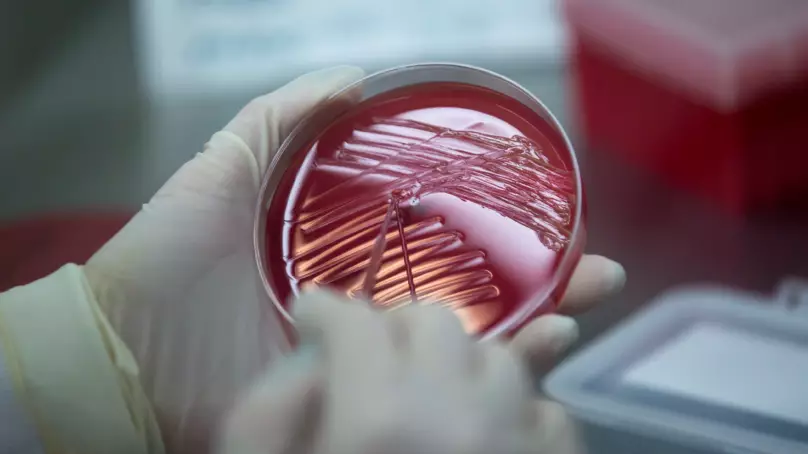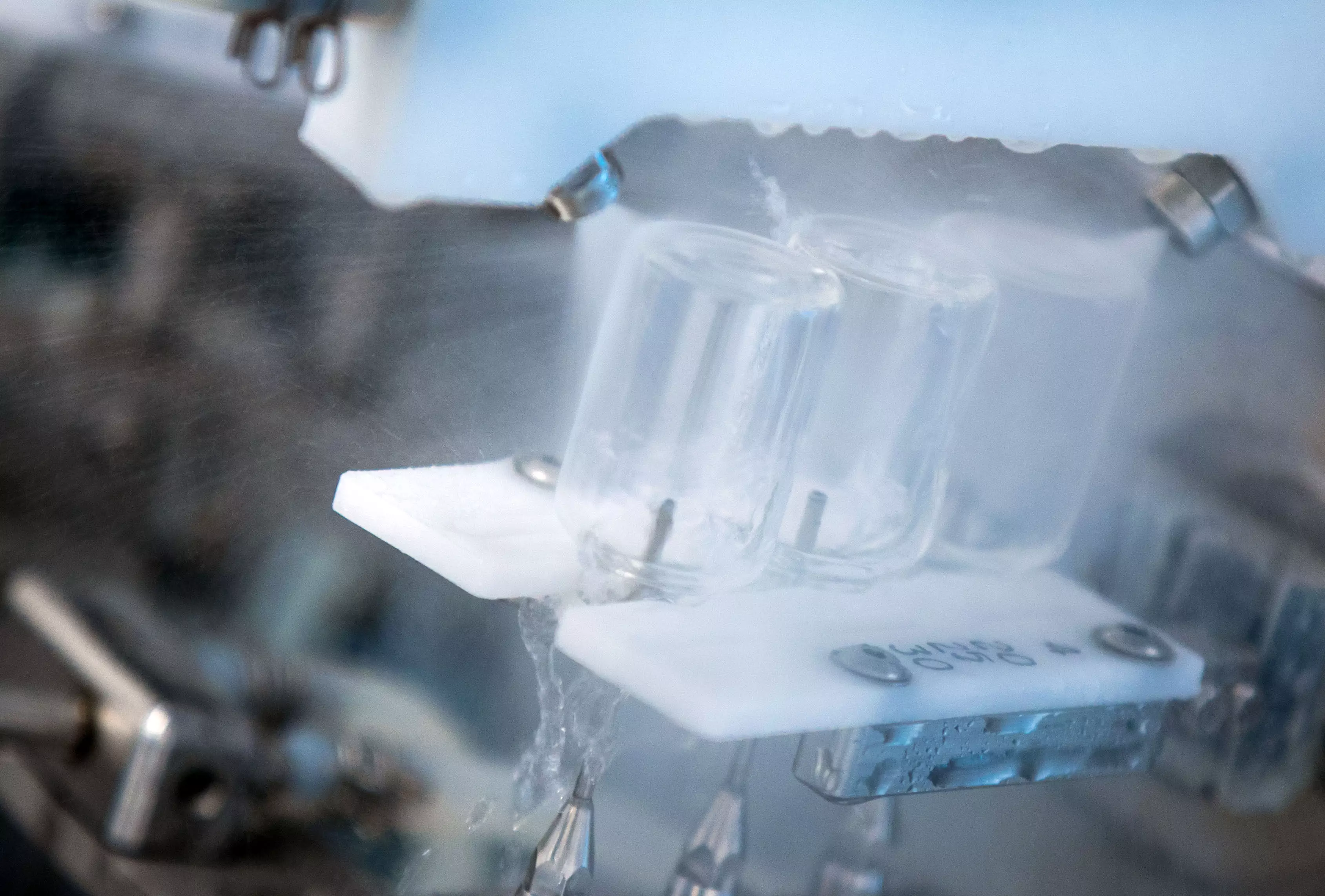
Scientists have accidentally discovered breast milk contains a substance that could kill off tumour cells.
The recently discovered compound, which has been given the nickname Hamlet (which stands for human alpha lactalbumin made lethal to tumor cells) could offer a targeted way to kill cancerous cells, while having no negative effects on non-cancerous ones.
Researchers from the University of Lund in Sweden have found promising results after researching the effects of 'Hamlet' on patients with bladder cancer.
Advert
The early stage trials showed that those who were injected with the compound began to pass dead cancer cells through their urine, just days later.

Credit: PA
Advert
The compound only targets cancer cells, leaving healthy cells as they are, so it could be a good alternative to more aggressive treatments, such as radiotherapy and chemotherapy, which damage both cancerous and healthy cells.
Immunology Professor Catharina Svanborg made the discovery by accident when she was looking into antibiotics.
She told the Daily Mail: "We were looking for novel antimicrobial agents, and new breast milk is a very good source of these. During one experiment we needed human cells and bacteria to be present, and we chose human tumour cells for practical reasons.
Advert
"To our amazement, when we added this compound of milk, the tumour cells died. It was a totally serendipitous discovery.

Credit: PA
Advert
"There's something magical about Hamlet's ability to target tumour cells and kill them."
She told the paper, breast milk contains a protein called alpha-lactalbumin, which becomes a cancer-attacking agent when in the gut.
'Hamlet' works to kill the cancerous cells in a number of ways. It starts by attacking the cell's outer defence, before targeting the nucleus. Eventually, these actions will result in the cell being cut off from its energy source.

Credit: PA
Advert
Researchers are hoping the compound could also be used to treat cervical and bowel cancer.
It's important to remember, all of this is still in the early stages, and people shouldn't get too excited until more trials have taken place. A new trail of 'Hamlet' against a placebo is being planned to further test the benefits.
Source: Daily Mail